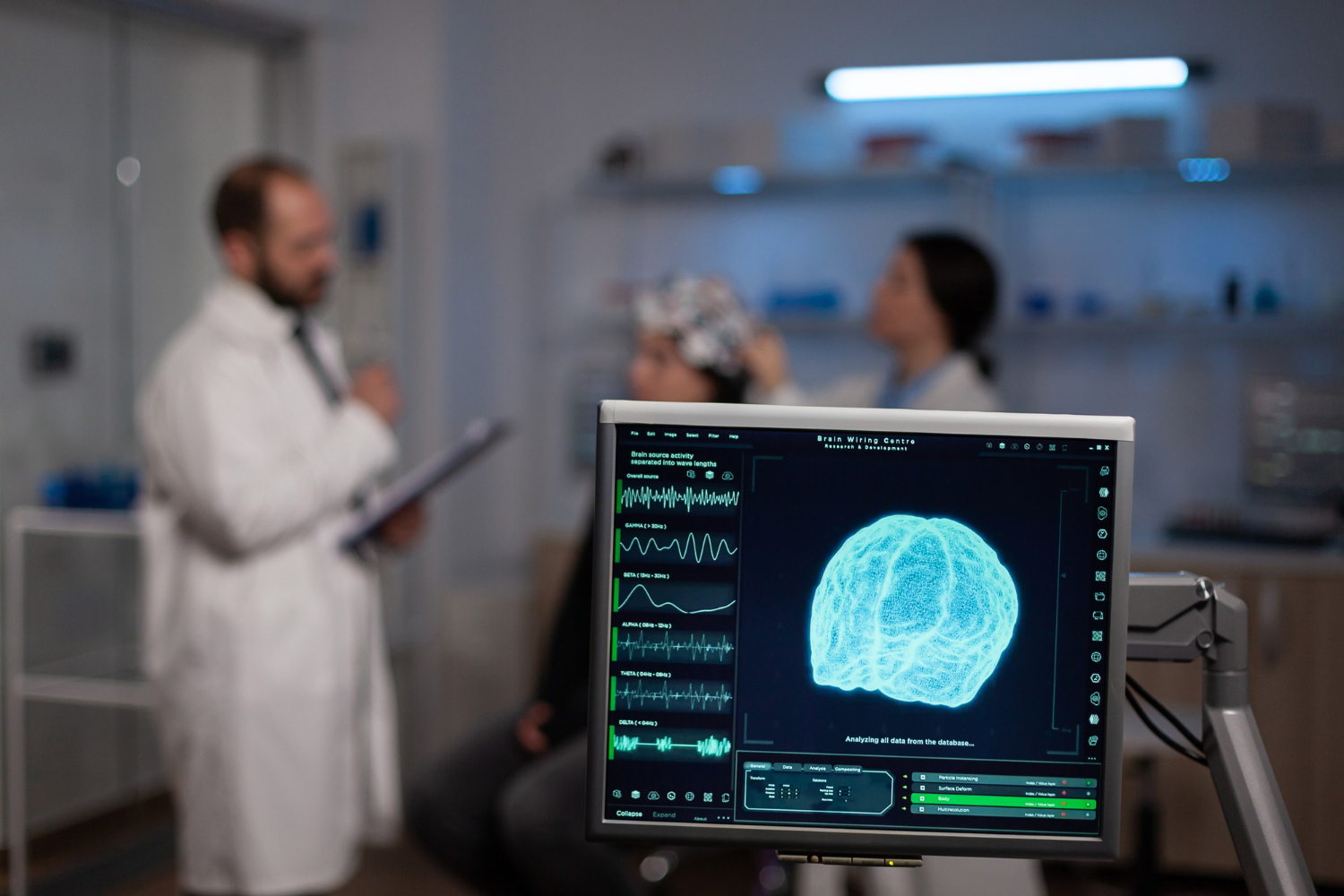 AI
AI
 AI
AI
 AI
AI
Healthcare software giant Epic Systems Corp. said Monday it’s partnering with Microsoft Corp. to embrace generative artificial intelligence through its Azure AI platform.
Under the partnership, Epic will integrate OpenAI LP services such as GTP-4 into its electronic healthcare records, Epic said in an announcement at the HIMSS conference in Chicago.
Microsoft’s OpenAI services are available through the Azure AI platform. It offers access to a number of generative AI models that can be applied to multiple use cases, such as summarization of content and code generation. Epic said the integration will help to increase the productivity of healthcare providers, reduce their administrative burden and improve care by freeing up clinicians to spend more time with their patients.
Eric Boyd, corporate vice president of Microsoft’s AI platform, told MedCity News that generative AI can help to enhance and empower healthcare firms by automating complex workflows and mundane tasks. It can also help glean insights from healthcare records more efficiently, so clinicians can make better-informed decisions and deliver more personalized care, he said.
In one example, Epic said generative AI will be used to add natural language queries and interactive data analysis capabilities to SlicerDicer, a self-service reporting tool that helps physicians explore their hunches about medical problems. With it, physicians will be able to explore data in a more intuitive, conversational way.
“These features make exploring data more conversational, from system-generated summaries of dashboards to a physician asking the system about the impact of chronic conditions in their local community using natural language queries,” Boyd said.
Seth Hain, Epic’s senior vice president of research and development, explained that SlicerDicer can also be used by managers to get answers about the operational efficiency of their hospitals. “Our exploration of OpenAI’s GPT-4 has shown the potential to increase the power and accessibility of self-service reporting through SlicerDicer, making it easier for healthcare organizations to identify operational improvements, including ways to reduce costs and to find answers to questions locally and in a broader context,” he said.
Microsoft and Epic have already piloted OpenAI services at healthcare systems such as UC San Diego Health, UW Health and Stanford Health Care, which are using GPT-4 to automatically draft message responses.
“A good use of technology simplifies things related to workforce and workflow,” said Chero Goswami, chief information officer at UW Health. “Integrating generative AI into some of our daily workflows will increase productivity for many of our providers, allowing them to focus on the clinical duties that truly require their attention.”
Through its expanded partnership with Epic, Microsoft could eventually bring OpenAI’s services to thousands of U.S. hospitals. Epic is said to be the largest provider of healthcare software in the U.S., with a 32.9% share of the market, according to KLAS Research.
“I don’t think Microsoft has ever adopted a new technology as quickly as it has with its offerings from OpenAI,” said Holger Mueller of Constellation Research Inc. “Now it’s taking generative AI into specific industry verticals, focusing on healthcare in this case. There is a lot of upside in generative AI, and that is what Epic is trying to leverage with Microsoft to see if it can help to improve patient outcomes.”
Microsoft has been pushing generative AI into healthcare in other ways, too. Last month, Nuance Communications Inc., which is owned by Microsoft, announced plans to integrate GPT-4 within its clinical note-taking tools.
THANK YOU